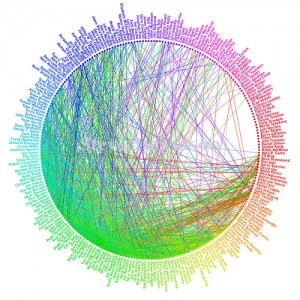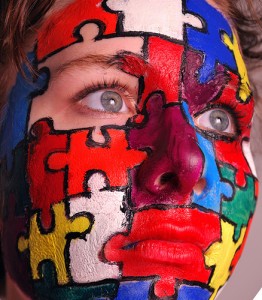When I first moved to Canada almost thirteen years ago, the world seemed like a very big place. I had a very hard time adjusting to life in a completely new territory where I did not know a single soul. If I felt lonely, I could no longer get into my car and visit my best friend for coffee. I couldn’t drop in on my parents for an impromptu dinner. I couldn’t call anyone to find out who was going to see which movie or have a drink in which bar. Now, if I felt lonely, I had to sit alone in my apartment in this strange land and just deal with it.
I kept telling myself that this had been my own choice. No-one had coerced me into packing my life into checked baggage and moving halfway across the world. But knowing that didn’t make the process any easier.
Desperate for human contact, I turned to my computer and instant-messaged with anyone I could find online. The most oft-sought-out victim of my off-the-boat neediness was my friend Kane in Michigan, who was endlessly patient and kind even though I must have been a complete pain in the you-know-where from time to time.
That was really the first time that my computer gave me much-needed access to a friend, but it certainly wasn’t the last. At some point over the years, Facebook became an everyday part of life for most people. Admittedly, the word “friend” can be a bit of a misnomer where Facebook is concerned, but I have met some fabulous people online who I count as true friends, even though I have never met them in person. These are folks who have helped me through a pregnancy loss, the death of my father, my son’s autism diagnosis, injuries, illnesses, my bouts of mental messed-up-ness, and a number of other things.
Not only has Facebook helped me forge new friendships, it has enabled me to keep in touch with family members, and with friends I have known for a long time.
It has also provided me with access to an entire autism community. On the days when I want to feel that I am not alone, all I have to do is turn on my laptop, and within a few clicks I am having virtual conversations with people who give me advice, information, encouragement, or whatever else I might be needing. If I’m having a really good day, I am able to use my social networks to help other people who might be feeling overwhelmed or discouraged.
Because I’m human, and humans are given to complaining, I do like to hate on Facebook from time to time. I gripe about having to constantly vet my privacy settings, I lament about unsubstantiated myths and rumours being perpetuated, I whine whenever my timeline’s appearance changes. But at the end of the day – as much as I hate to admit it – I have become reliant on Facebook. Because through Facebook, I can reach so many people who really and truly matter to me.
(Photo credit: jurvetson. This picture has a creative commons attribution license.)












